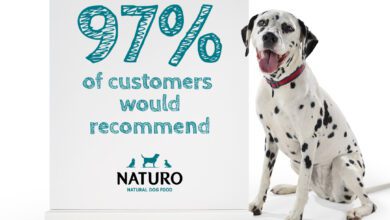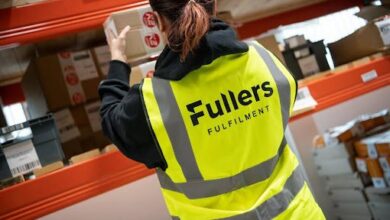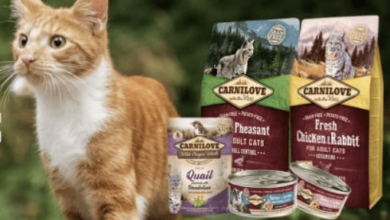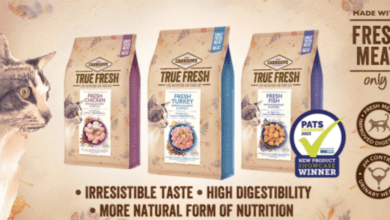Why pet care is becoming increasingly tied to our own wellbeing
Byline: Rafi Kalachian, Regional CEO (North America) at H&H Group
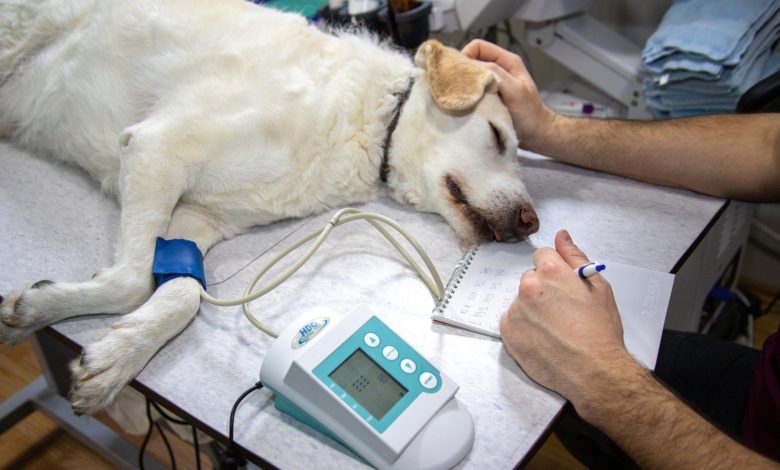
From premium nutrition to customised grooming, over the past few decades, product innovation has revolutionised the world of pet care. The global pet care industry has encountered explosive growth – it’s on track to reach over $241 billion by 2026 while, in tandem, domestic pet ownership itself is also on the rise.


